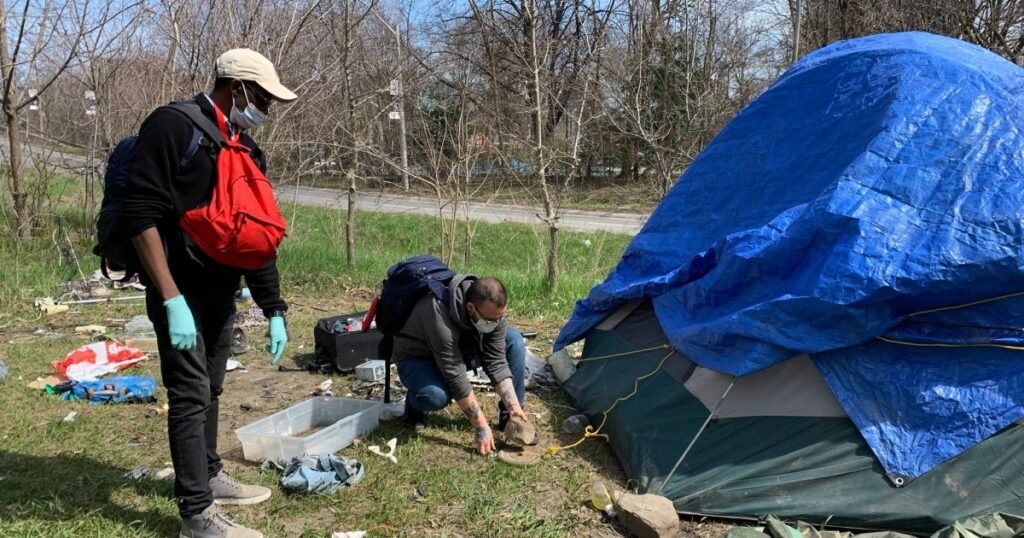On this World Mental Health Day, we need to face an alarming reality. The mental health landscape in parts of Canada and the United States is changing in a detrimental direction, with the prospect of more coercive measures, including involuntary treatment and the removal of critical support services. .
In Canada, some provinces, including British Columbia and Alberta, are considering expanding mandatory treatment programs. These coercive measures violate the right to freedom and non-discrimination and violate people’s autonomy. At the same time, Ontario is facing the closure of supervised consumption sites that often provide life-saving support to drug users. Closing these spaces further isolates people and increases the risk of death from overdose and other crises.
In the United States, California and New York have adopted and expanded policies of compulsory and involuntary treatment. Cities like New York and San Francisco often expand involuntary psychiatric care as part of their inadequate response to people living on the streets. Rather than fostering a supportive environment or addressing people’s neglected rights to adequate housing and affordable, available quality health care, the move to forced treatment It often deepens stigma around health conditions and worsens health outcomes.
It doesn’t have to be this way. Toronto’s Gerstein Crisis Center provides a powerful example of what compassionate community-based mental health support looks like. Unlike systems that rely on police enforcement, involuntary hospitalization, or forced treatment, the Gerstein Crisis Center provides a space to voluntarily provide non-medical assistance to individuals in crisis. I will. Its approach is centered around dignity, choice and respect. The values that your support system should aim to embody. As highlighted in recent case studies by Human Rights Watch and the Gerstein Crisis Center, this model shows that human rights-based services are not only possible, but essential.
People are much more likely to seek help when they feel safe, respected, and supported. This is not the time to be afraid of coercion or control.
The work of organizations like the Gerstein Crisis Center shows that better solutions exist. Consensual, trauma-informed, human rights-focused, and compassionate community-based services offer a path forward. These models support individuals with the respect they deserve, meeting them where they are and allowing them to heal on their own terms.
On this World Mental Health Day, let us work to protect and expand these services, resist forced policy change, and reaffirm our commitment to the mental health and wellbeing of everyone.

